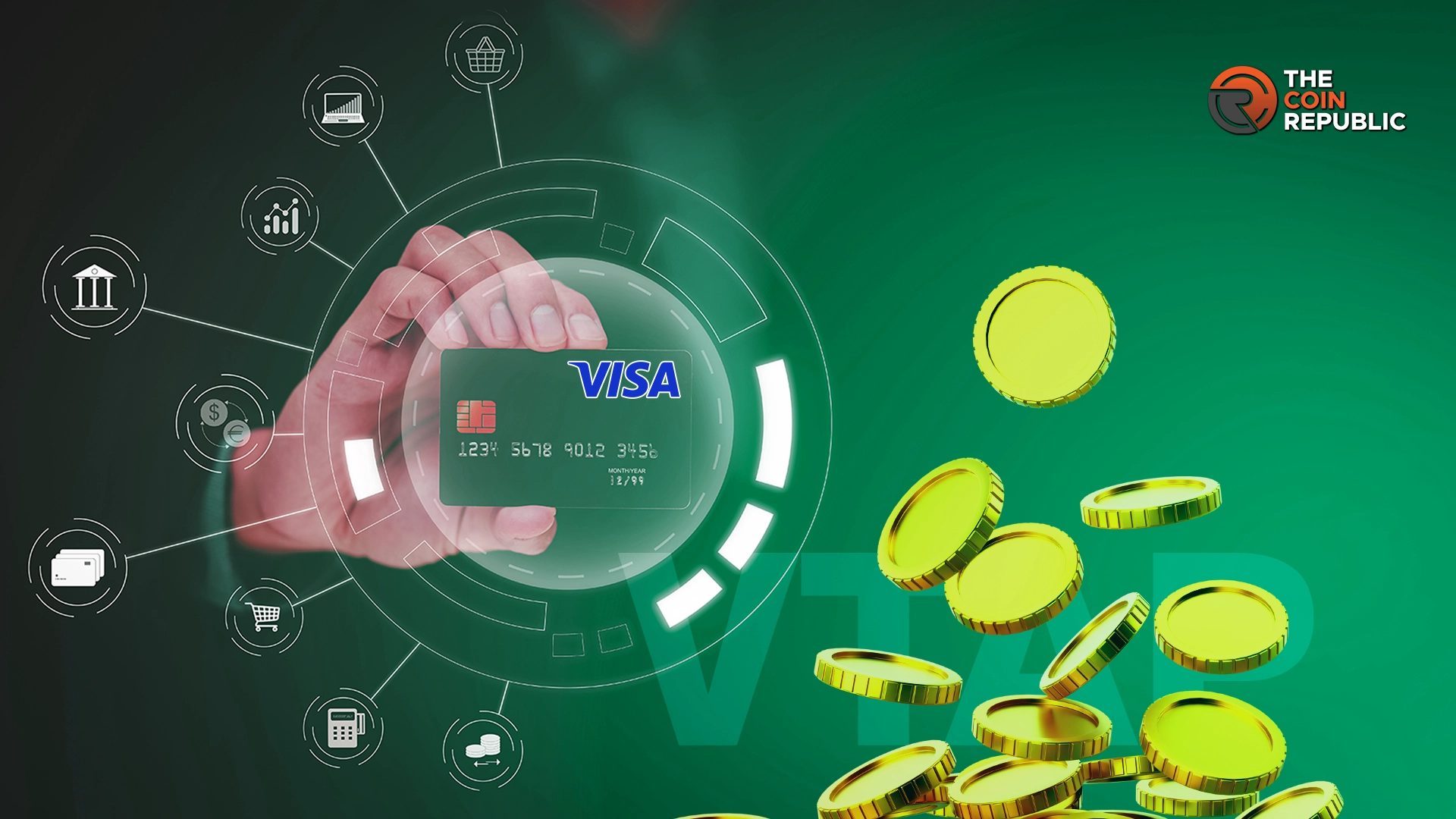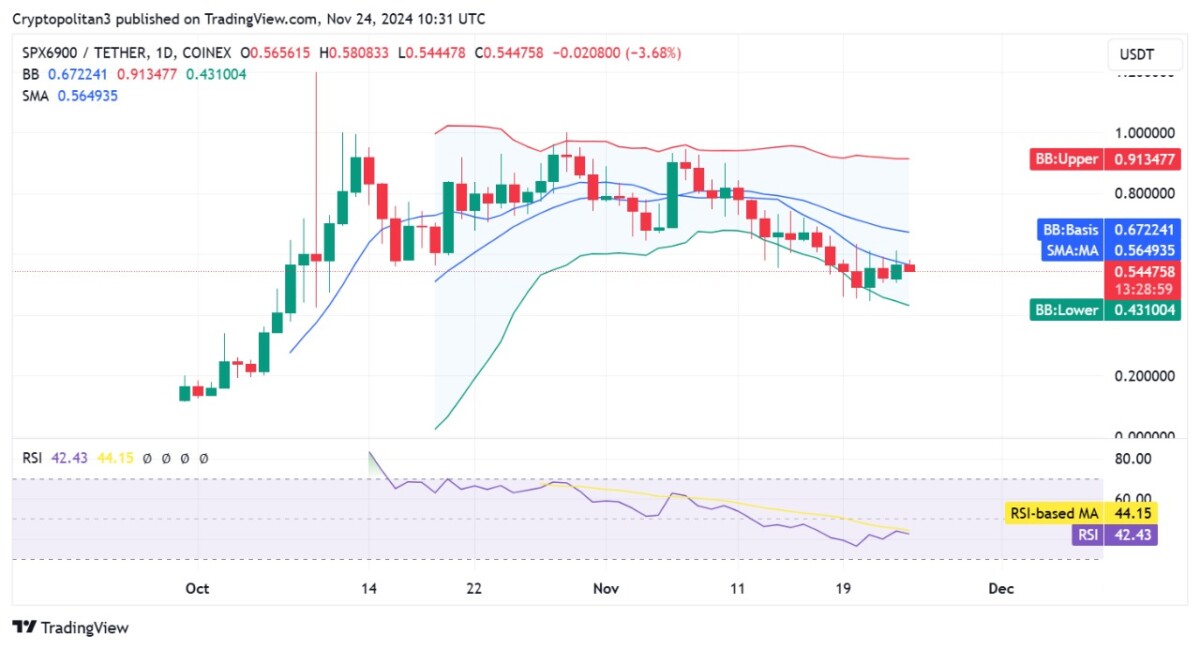Payment company Visa (V) has created a new offering to assist banks in issuing tokens backed by currency on the Ethereum network.
According to an official statement, the Visa Tokenized Asset Platform (VTAP) will enable fiat-backed tokens driven by smart contracts. This will assist in digitizing and automating current procedures and enabling the exchange of real-world assets (RWAs).
As per the release, a bank would use Visa’s new platform to purchase tokenized RWAs. It is done with funds with near real-time settlement, such as bonds or commodities.
BBVA Plots Its Ethereum Blockchain Pilot By 2025 Using VTAP
Remarkably, this year, Banco Bilbao Vizcaya Argentaria (BBVA) of Spain has already begun using the platform. Based on the themes of creating, transferring, and redeeming, the trial conducted by that bank used the technology in Spain.
BBVA will implement the first pilot of the blockchain system based on Ethereum by the end of 2025. Its functionality will reportedly be restrained from several users. This was highlighted by famous cryptocurrency analyst Abdullah Nassif in an X post.
In addition, BBVA’s continued relationship with an organization like Visa possibly depicts decentralized technology as disrupting traditional banking systems. Money in the banks and other forms of assets are securitized by BBVA to enable its clients to have effective tools to manage financial operations.
The financial company understood the importance of setting international standards for the incorporation of blockchain in financial services. In addition, it allows for strategic cohesion and future compliance with the principles of the sector.
Stablecoin innovation has largely been led by fintech businesses like PayPal. Now Visa’s drive indicates that major financial institutions are prepared to experiment with blockchain technology. Recently, Paypal leveraged Solana for PYUSD stability.
Visa’s VTAP Aims To Set Global Standards For Blockchain Integration
Following the BBVA plot, Visa wants to create international best practices for communication across financial institutions. Cuy Sheffield, Visa’s crypto head, shared,
“We think that creates a significant opportunity for banks to issue their own fiat-backed tokens on blockchains, do it in a regulated way and enable their customers to access and participate in these on-chain capital markets.”
Visa has participated in central bank digital currency (CBDC) trial programs, such as those with the Central Bank of Brazil and the Hong Kong Monetary Authority. Concurrently, Visa is participating in the Brazilian pilot, known as Drex, alongside XP, one of the country’s major independent brokers. Further, by enabling the provision of direct market access for on-chain capital markets, the platform improves investment opportunities and enhances liquidity.
Moreover, Visa has been involved in a few campaigns, for instance, the Digital Hong Kong Dollar program of Hong Kong Monetary Authority. HSBC and Hang Seng bank have been participating partners in the effort and tested live interbank B2B payments through a pilot project that visa ran last year.











